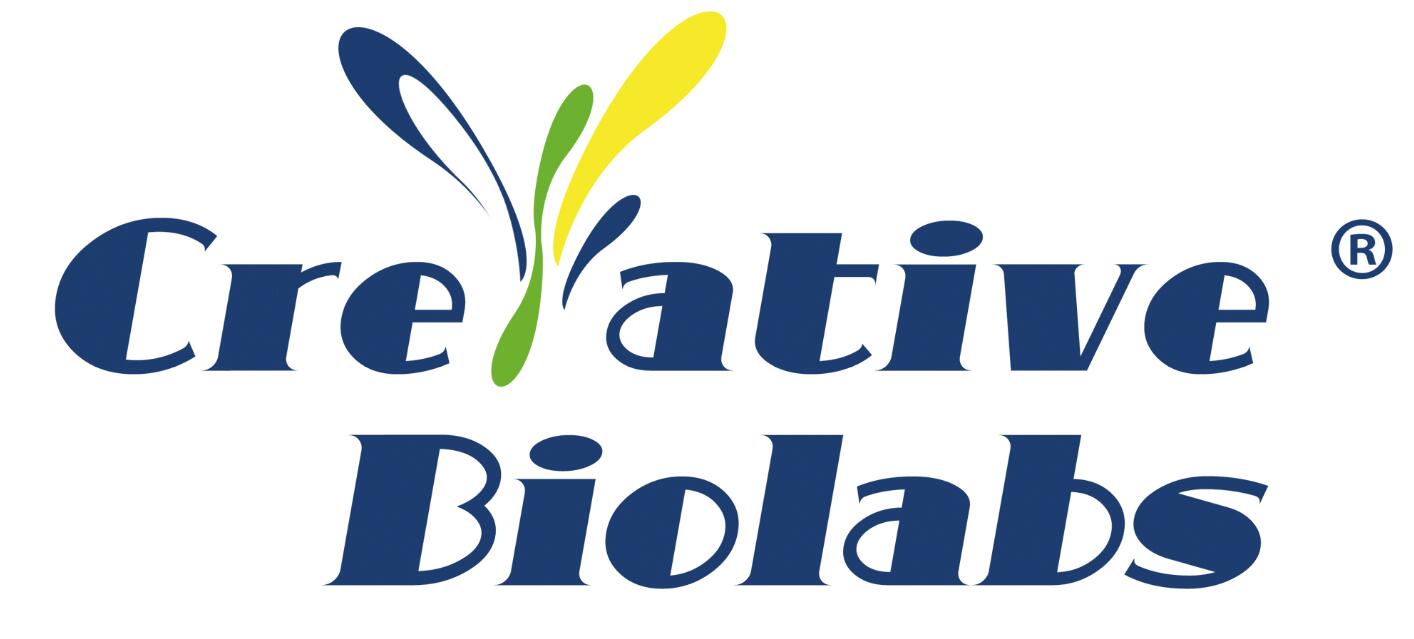“Brentuximab Vedotin (Antibody-drug conjugate, ADC)was approved by the FDA in 2011 as the first new therapeutic option for patients with Hodgkin lymphoma in more than 30 years. Currently, brentuximab vedotin and nivolumab (monoclonal antibody drug)are being evaluated as combination therapy in pivotal phase III in relapsed Hodgkin Lymphoma, which provides a novel evaluating method as combination therapy in multiple ongoing phases I/IIclinical trials.”
Bristol-Myers Squibb and Seattle Genetics have expanded their collaboration to evaluate the combination of the immunotherapy Nivolumab (Opdivo®) and the antibody-drug conjugate or ADC Brentuximab Vedotin (Adcetris®) in a pivotal phase III clinical trial. The companies decided to pursue the trial following the availability of data presented during the 2016 Annual Meeting of the American Society of Hematology (ASH) from an ongoing phase I/II combination trial showing activity and tolerability of the combination.
Brentuximab Vedotin is an antibody-drug conjugate directed to CD30, a defining marker of classical Hodgkin lymphoma, which combines the targeting ability of a monoclonal antibody, attached by a protease-cleavable linker to the cell-killing microtubule-disrupting agent, monomethyl auristatin E(MMAE). The drug employs a linker system that is designed to be stable in the bloodstream but to release MMAE upon internalization into CD30-expressing tumor cells.
Nivolumab is a human programmed death receptor-1, also known as PD-1, blocking antibody that binds to the PD-1 receptor expressed on activated T-cells and other immune cells. The drug is designed to harness the body’s own immune system to help restore anti-tumor immune response. By harnessing the body’s own immune system to fight cancer, nivolumab offers a potential treatment option across multiple cancers.
The pivotal trial, planned for mid-2017, will evaluate the combination of brentuximab vedotin and nivolumab versus brentuximab vedotin alone as a potential treatment option for patients with relapsed/refractory or transplant-ineligible advanced classical Hodgkin lymphoma. The combination of brentuximab vedotin and nivolumab is not approved for the treatment of relapsed/refractory Hodgkin lymphoma.
Common blood cancer
Lymphoma is a general term for a group of cancers that originate in the lymphatic system and is the most common type of blood cancer. There are two major categories of lymphoma: Hodgkin lymphoma, also known as Hodgkin disease, and non-Hodgkin lymphoma. Hodgkin lymphoma is cancer that starts in white blood cells called lymphocytes, which are part of the body’s immune system. The disease is most often diagnosed in early adulthood (ages 20-40) and late adulthood (older than 55 years of age).
Classical Hodgkin lymphoma is the most common type of Hodgkin lymphoma, accounting for 95% of cases. Classical Hodgkin lymphoma is distinguished from other lymphomas by the characteristic presence of CD30-positive Reed-Sternberg cells.
According to the American Cancer Society, more than 8,000 cases of Hodgkin lymphoma will be diagnosed in the United States during 2017 and approximately 1,000 will die from the disease. According to the Lymphoma Coalition, over 62,000 people worldwide are diagnosed with Hodgkin lymphoma each year and approximately 25,000 people die each year from this cancer. In the European Union, about 12,200 new cases and 2,600 deaths occurred in 2012 as a result of Hodgkin lymphoma.
First new therapeutic option
“Brentuximab Vedotin was approved by the FDA in 2011 as the first new therapeutic option for patients with Hodgkin lymphoma in more than 30 years. Brentuximab Vedotin has now become the standard of care for relapsed Hodgkin lymphoma, with more than 20,000 patients treated,” noted Jonathan Drachman, M.D., Chief Medical Officer and Executive Vice President, Research, and Development of Seattle Genetics.
“We are evaluating brentuximab vedotin in novel combinations in order to identify optimal treatment regimens for patients with CD30-expressing lymphomas. We are pleased to expand this collaboration with Bristol-Myers Squibb to evaluate brentuximab vedotin compared to the combination of brentuximab vedotin and nivolumab in a pivotal phase III study in relapsed Hodgkin lymphoma,” Drachman added.
“Clinical collaborations enable our pursuit of innovative combinations of therapies that may offer the potential of improved outcomes for patients with difficult to treat cancers,” explained Fouad Namouni, M.D., head of Oncology Development, Bristol-Myers Squibb.
“Our collaboration with Seattle Genetics combines our experience and understanding of Hodgkin lymphoma and a shared goal of providing patients with additional treatment options. We look forward to initiating our registrational study of brentuximab vedotin and nivolumab in patients with relapsed Hodgkin lymphoma,”
The planned phase III study will be a randomized, open-label global clinical trial in classical Hodgkin lymphoma patients with relapsed/refractory disease who are ineligible for autologous stem cell transplant (ASCT) or after failure of ASCT. Participants will be randomized to receive treatment with either brentuximab vedotin in combination with nivolumab or brentuximab vedotin alone.
In addition to the planned pivotal trial, brentuximab vedotin and nivolumab are being evaluated as combination therapy in multiple ongoing phases I/IIclinical trials. These include studies in patients with relapsed or refractory Hodgkin lymphoma and CD30-expressing relapsed or refractory non-Hodgkin lymphomas, including T-cell lymphomas, diffuse large B-cell lymphoma (DLBCL), and other rare subtypes of B-cell malignancies, including mediastinal B-cell lymphoma and mediastinal gray zone lymphoma. In addition, the brentuximab vedotin and nivolumab combination is being evaluated for older Hodgkin lymphoma patients and relapsed/refractory classical Hodgkin lymphoma for children, adolescents and young adults.
Resource: https://adcreview.com/news/collaboration-evaluate-combination-nivolumab-brentuximab-vedotin-pivotal-phase-iii-trial-relapsed-hodgkin-lymphoma-expanded/
